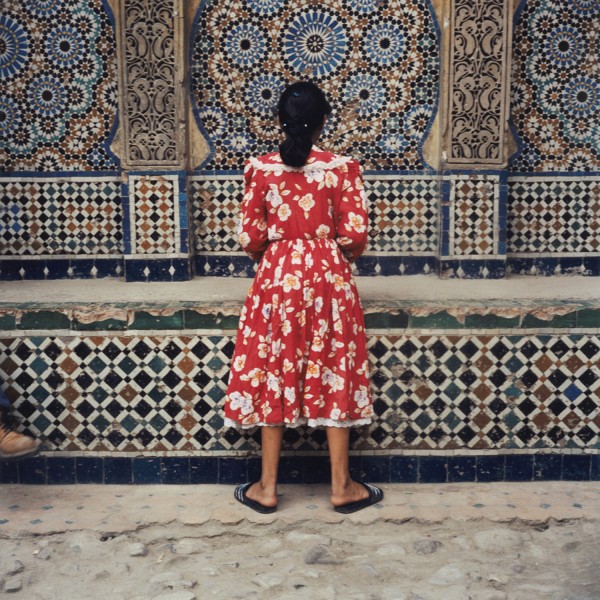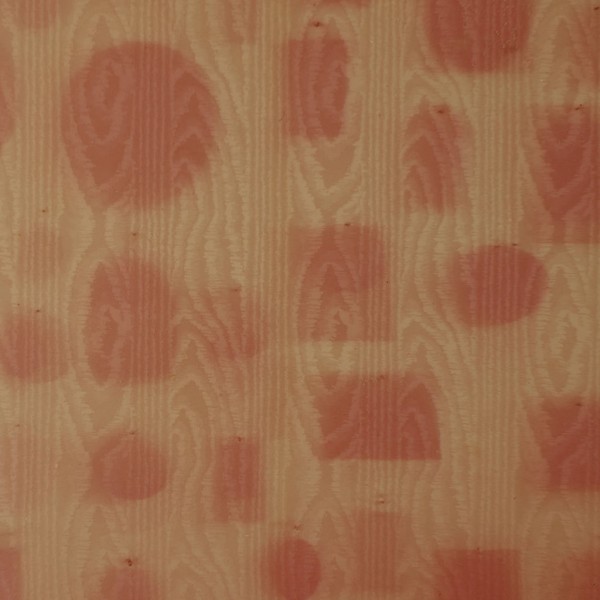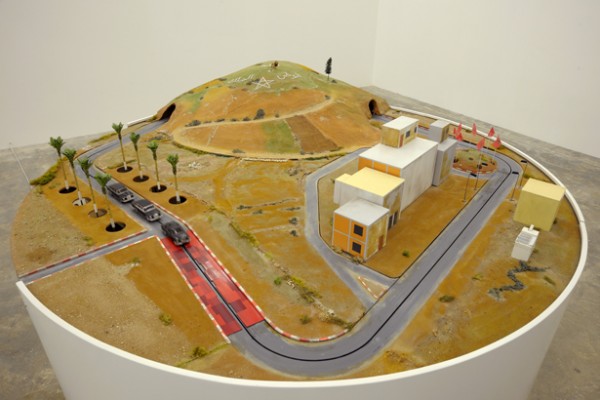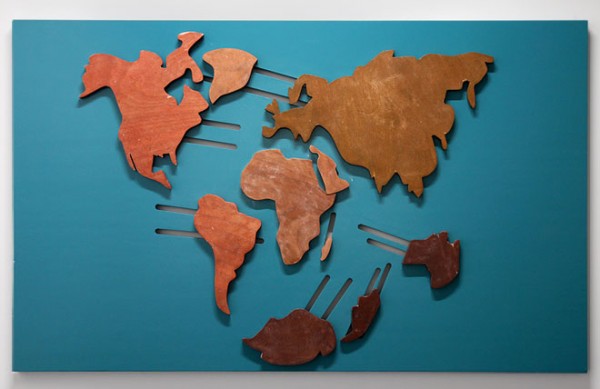Yto Barrada
Sunday, 23 June 2013
Work from her oeuvre.
“Barrada’s work – photographs, films, publications, installations and objects – reflects the peculiar situation of her hometown, Tangier, and the way notions of local and global are articulated there. At the northern tip of Morocco, Tangier is a city of several frontiers. One border is the Strait of Gibraltar: the 13 km wide stretch of dangerous currents which divides Africa from Europe has come to symbolize the odyssey of the immigrant, and the existential issues of a society dominated by a desire to leave. Another frontier of this fast-growing city of a million souls runs along its shifting outer edge, where new construction meets the landscape of northern Morocco. There, a quieter drama is played out as the diversity of local people and wildlife yield to the bulldozers and concrete trucks, and the monocultural vision of the planners and developers who command them. The work of Yto Barrada resists any simplification of the context of immigration – that great European ‘issue’ – on the globalized world. In the photo series ‘A Life Full of Holes: The Strait Project,’ which she began in 1998, the artist portrays the city and its residents in a kind of everlasting waiting state. The suspended expectation of the people relates at the same time to their personal imaginary, to the ancient myths of remission and death, as well as to the present geographic and political situation. Her recent project, ‘Iris Tingitana’ has extended Barrada’s inquiry to the landscapes that surround Tangier. These works records the shifting border between city and nature, and the accompanying homogenization of the country’s urban and botanical surfaces. Barrada grew up between Tangier and Paris, where she studied history and political science at the Sorbonne, and subsequently attended the International Center of Photography in New York. Her practice, combining the strategies of documentary with a more meditative approach of images drove her to return home, after sixteen years abroad. There, she continues to explore the many levels of a complex reality, avoiding the rigidity of any discourse, and without showing any dramatic event. Barrada’s work evokes a Tangier where postcolonial history has materialized one of its dead-ends. And another response of this artist to the dynamics of the region was to co-found the Cinémathèque de Tanger, North Africa’s first cinema cultural center, which she now directs. The Cinémathèque offers another way to invest herself into the status of images and representations, specifically in the Arab world.” –e-flux



